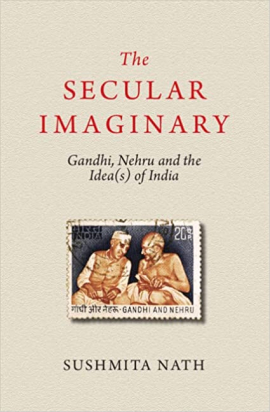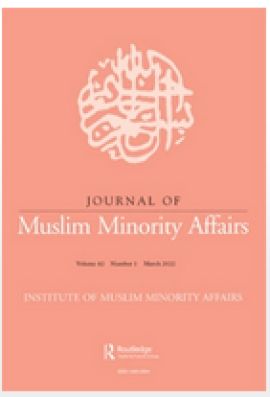|
If the newsletter does not display properly, please click here. |

|
||||
|
||||
|
Dear friends and colleagues, Again, our Wednesday Weekly is full of information and events: For our next colloquium we welcome our guest speaker Gökçen Beyinli from the University of Hamburg. We will also be showing another film in our Screening Religion series next Wednesday. We are happy to announce two new publications by KFG members to you and have a recommendation for a lecture with a panel discussion and the final event of the lecture series “Material Secularities”. Lastly, an important note that today’s discussion with Hubert Seiwert will take place online. Enjoy and have a good week! Anja & Lucy |
||||

|
||||
Today’s Discussion with Hubert Seiwert on his article “Theory of Religion and Historical Research. A Critical Realist Perspective on the Study of Religion as an Empirical Discipline”, ONLINEToday’s discussion with Hubert Seiwert about his article “Theory of Religion and Historical Research. A Critical Realist Perspective on the Study of Religion as an Empirical Discipline”, which we announced last week, has to be moved into the virtual space. You can join the discussion online starting 5.15 p.m. (CET). The session is part of the master seminar “Materialist and Constructivist Approaches in the Study of Religion”, co-taught by Elliot Lee and our Associate Member Markus Dreßler.
NEW! Online |
||||

|
||||
Next Week’s Colloquium: Gökçen Beyinli on “Revisiting Turkish Modernity through the Category of Superstition”, 13 JulyFor next week’s colloquium, we welcome our guest speaker Gökçen Beyinli from the University of Hamburg: She will give a presentation on her research project “Revisiting Turkish Modernity through the Category of Superstition”. Her talk will elaborate on the influence of the modern concept of religion on Turkish modernity experience through the analysis of the construction of the category of superstition. Our Associate Member Markus Dreßler will chair the colloquium. The colloquium will take place in a hybrid format (on-site and online). Please register for the colloquium via e-mail, if you would like to join in person. In the member area, you find the relevant reading as well as the zoom connection data.
Strohsack, Room 4.55 and online via Zoom |
||||
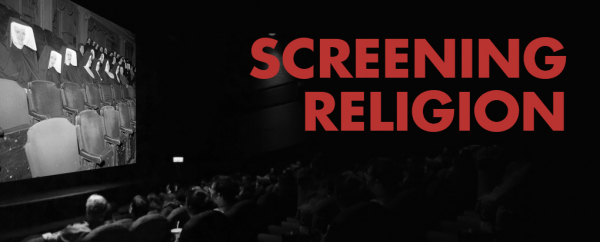
|
||||
Screening Religion: “Dealing with Death”, 13 July at naToOur Screening Religion film series continues: The film “Dealing with Death” sets its story in the many cultures of Bijlmer, a suburb in the southeast of Amsterdam, all having their own rituals around bidding farewell to the dead. Funeral director Anita is tasked with finding out what the community would want in a new multicultural funeral home, which the funeral organization Yarden hopes to establish there. The film follows Anita’s yet uncertain mission over a period of more than five years and combines her own experience with a larger picture full of cultural contrasts. The film will be shown at Cinémathèque Leipzig at naTo in Dutch, English, Sranantongo and Twi with English subs. Afterwards there will be a discussion with our Senior Research Fellow Todd Weir.
Cinémathèque Leipzig at naTo, Karl-Liebknecht-Straße 46, 04275 Leipzig Free entry, donations welcome
|
||||
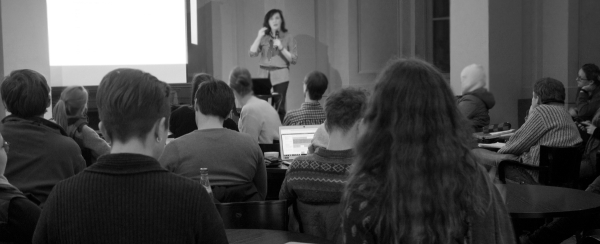
|
||||
Public Lecture (ONLINE!): Stefan Binder on “Atheist Matters: Perceptions of Secular Difference in South India”, 7 JulyThis Thursday, the lecture series “Material Secularities: Interdisciplinary Perspectives” will end with a presentation from Stefan Binder from the University of Zurich, who will talk about “Atheist Matters: Perceptions of Secular Difference in South India”. Please note that this time the lecture will take place online only.
Online via zoom
|
||||
|
||||
|
||||
|
||||
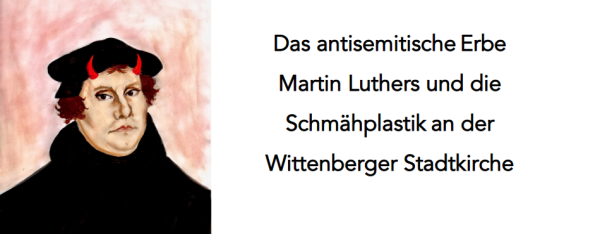
|
||||
Lecture with Panel Discussion (in German) on „Das antisemitische Erbe Martin Luthers und die Schmähplastik an der Wittenberger Stadtkirche“ (“The Anti-Semitic Legacy of Martin Luther and the Defamatory Sculpture at the Town Church of St. Mary Wittenberg), 8 JulyOur Associate Member Horst Junginger draws our attention to a lecture with a panel discussion on the topic of “The Anti-Semitic Legacy of Martin Luther and the Defamatory Sculpture at the Town Church of St. Mary Wittenberg”. For some years now, there has been controversy about the defamatory relief attached to the Town Church St. Mary Wittenberg. From the point of view of religious studies and history, the historical contextualisation attached to the church in 1988 by means of a simple display and a base plate that is incomprehensible in terms of content, can be described as insufficient. Andreas Pangritz, one of the authoritative experts on Luther's hostility towards Jews, will give an insight into this dark chapter of the Reformer. This will be followed by a panel discussion with the focus on questions of memory politics regarding the contemporary relevance of the Wittenberg Defamatory Sculpture. The event is organized by the Institute for the Study of Religions at Leipzig University.
Leipzig University | Lecture Hall 3, Universitätsstraße 3
|
||||
|
If you have any content that you think suits the purpose of the weekly, please feel free to send it to us at multiple-secularities@uni-leipzig.de. |
||||
|
Kolleg-Forschungsgruppe "Multiple Secularities - Beyond the West, Beyond Modernities" Nikolaistraße 8-10, 04109 Leipzig Mail: multiple-secularities@uni-leipzig.de |
